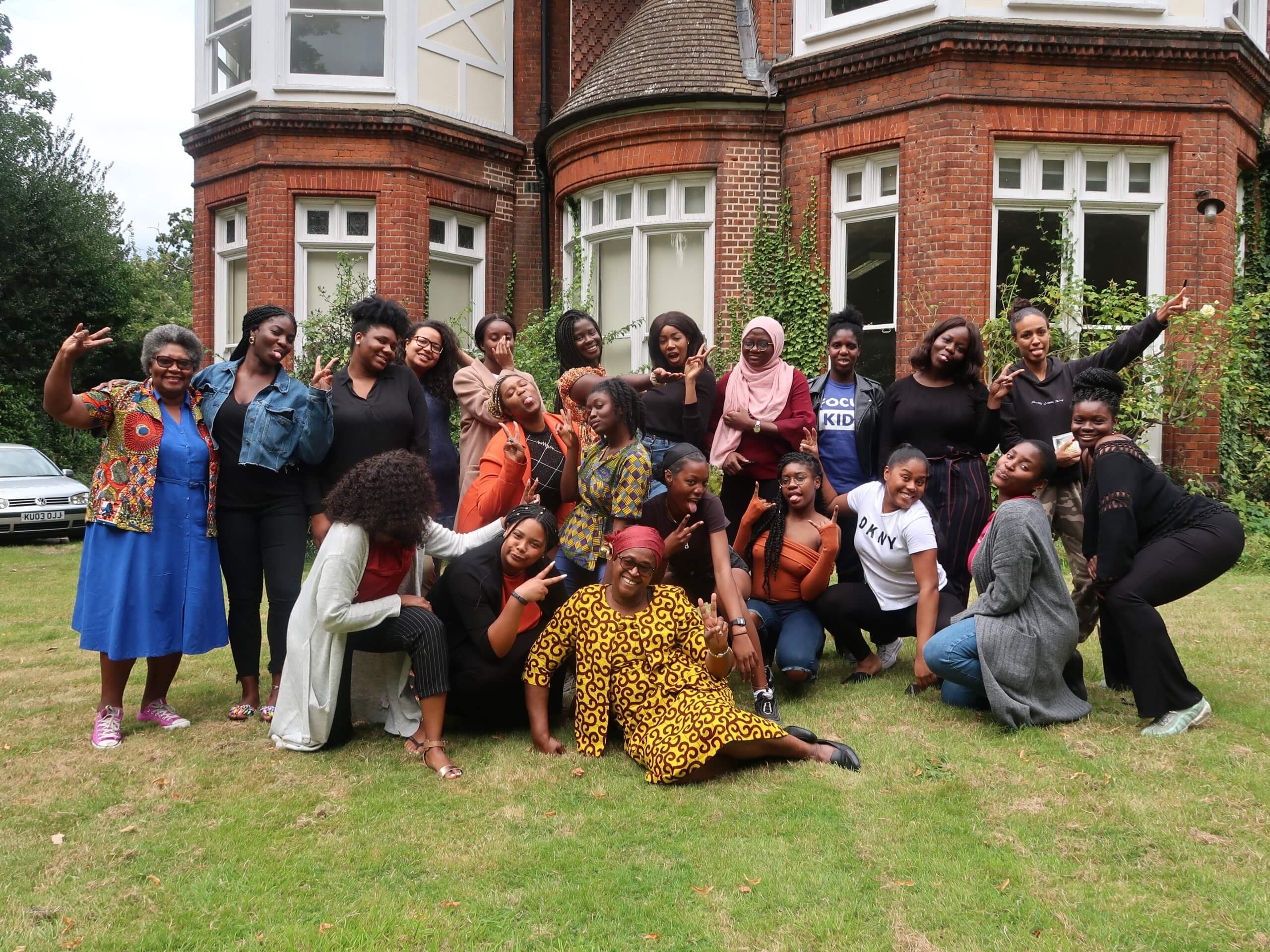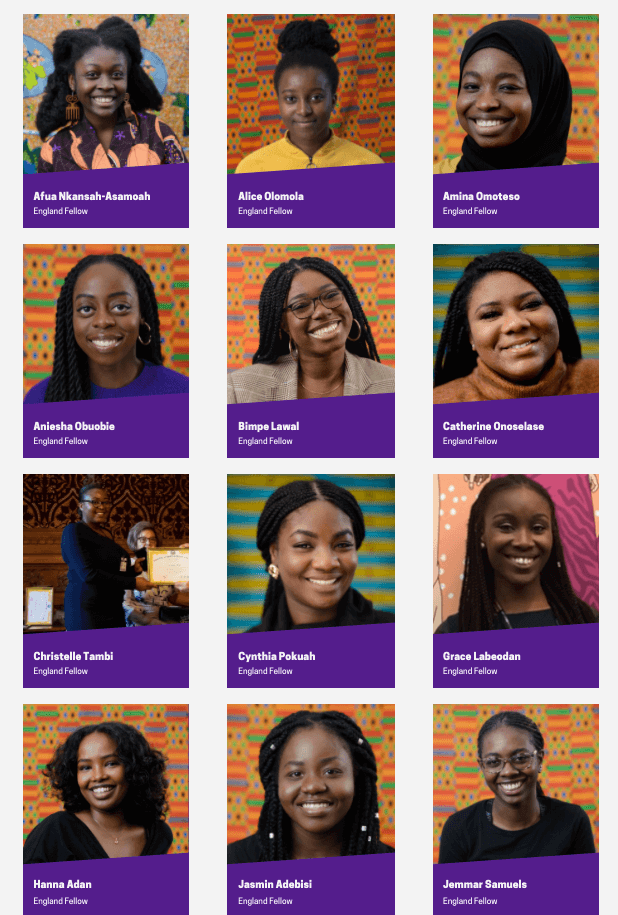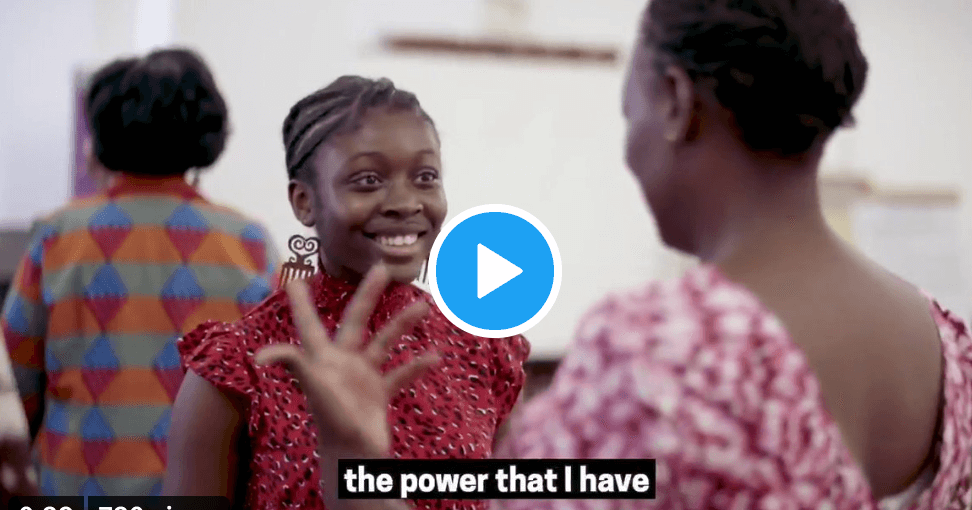How do we do this?
Feminist leadership development training
Our 5-day residential training lets fellows learn practical feminist leadership skills, build their confidence and gain knowledge of their rights. The training covers a range of modules, including ‘self and identity’, ‘agency and power’, ‘feminism and patriarchy’, ‘forms and consequences of gender-based violence”, “women’s rights, sexual and reproductive health rights (SRHR)”, “effective leadership”, and “self-care”.
Mentorship
Young women’s exposure to role models can inspire them and strengthen their leadership capacity. By pairing young women with experienced and established women leaders who have excelled in their various fields, the programme ensures that fellows receive support, advice and networking opportunities.
Harnessing the power of social media
We understand the power of social media as a means of networking, idea sharing and even revolution in this globalised-day and age. We understand that gender-based violence has no concept of national boundary lines, so neither do our actions to dismantle it. Through social media and social communication platforms, we seek to engage participants from all over the world to meet fellow advocates, share ideas, articulate themselves and discover the power of female solidarity as a means of sustainably and effectively transforming communities and cultures.
We also know how important it is to not have a single story of African women, either on the continent or in the diaspora, so we want to put our voices front and center as we work with and for ourselves to attain our rights and freedoms.
Utilising all six regions of Africa
We believe that the empowerment of African women and girls is an intersectional process, so our approach is intersectional, both in terms of activities and participants. Although Africa is often conceived of as five regions (North, South, East, West and Central Africa) we recognise the existence and potential of our sisters in the diaspora, and the ways in which they too are affected by gender-based violence as diaspora African women and girls. As such this project sought to strengthen the links between young women on the continent and in the diaspora, as well as improving their visibility, profile and leadership potential. The project worked across generational and urban/rural divides so we can really and truly ‘empower our sisters’ as we claim our rights and freedoms.
‘My experience of the TuWezeshe training could very easily be described as transformative. I learnt so much about myself and how I relate to the world that I was previously blind to. I feel so much better equipped to be a change maker within myself, my communities, and society at large.’ TuWezeshe fellow



